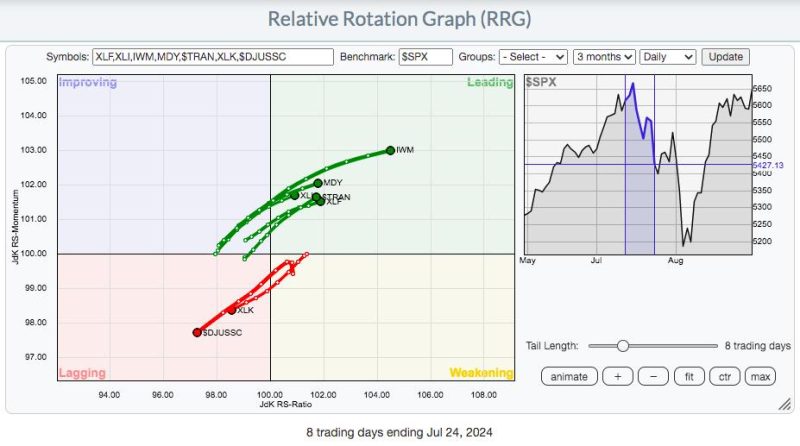Leadership is a crucial aspect in any organization, determining the direction and success of the endeavors. While many people often focus on established leaders, it is equally important to recognize and cultivate new leaders. Identifying and empowering new leaders within the organization can help in fostering innovation, driving growth, and ensuring continuity. By recognizing emerging leaders early on and providing them with opportunities to develop their skills, organizations can build a strong leadership pipeline for the future.
One of the ways to recognize new leaders is by observing their behavior and actions within the organization. Emerging leaders often demonstrate qualities such as initiative, problem-solving abilities, and a strong work ethic. They are proactive in taking on challenges, seeking out opportunities for growth, and showcasing their leadership potential through their actions. By paying attention to these behaviors, organizations can identify individuals who have the potential to step into leadership roles in the future.
Furthermore, new leaders often exhibit strong communication skills and the ability to work effectively with others. They are able to convey their ideas clearly, listen actively to others, and build strong relationships with colleagues. These interpersonal skills are essential for effective leadership, as leaders need to inspire and motivate others to achieve common goals. Recognizing individuals who possess these qualities can help organizations in nurturing future leaders who can drive collaboration and unity within the team.
In addition to behaviors and skills, it is important to create opportunities for new leaders to showcase their capabilities and grow within the organization. Providing them with challenging assignments, leadership roles in projects, or opportunities for training and development can help in honing their skills and preparing them for future leadership positions. By investing in the development of emerging leaders, organizations can ensure a steady supply of talent for key leadership roles and drive long-term success.
Moreover, mentorship and coaching play a crucial role in the development of new leaders. Experienced leaders within the organization can offer guidance, support, and feedback to emerging leaders, helping them navigate challenges and develop their leadership skills. By fostering a culture of mentorship and coaching, organizations can facilitate the growth of new leaders and ensure a smooth transition of leadership roles in the future.
In conclusion, recognizing and nurturing new leaders is essential for the long-term success and sustainability of any organization. By identifying individuals with leadership potential, observing their behaviors and skills, providing them with opportunities for growth, and offering mentorship and coaching, organizations can build a strong pipeline of future leaders. Investing in the development of new leaders not only ensures continuity and succession planning but also fosters innovation, growth, and organizational effectiveness. By recognizing the new leaders now and empowering them to succeed, organizations can build a strong foundation for leadership excellence in the future.


































